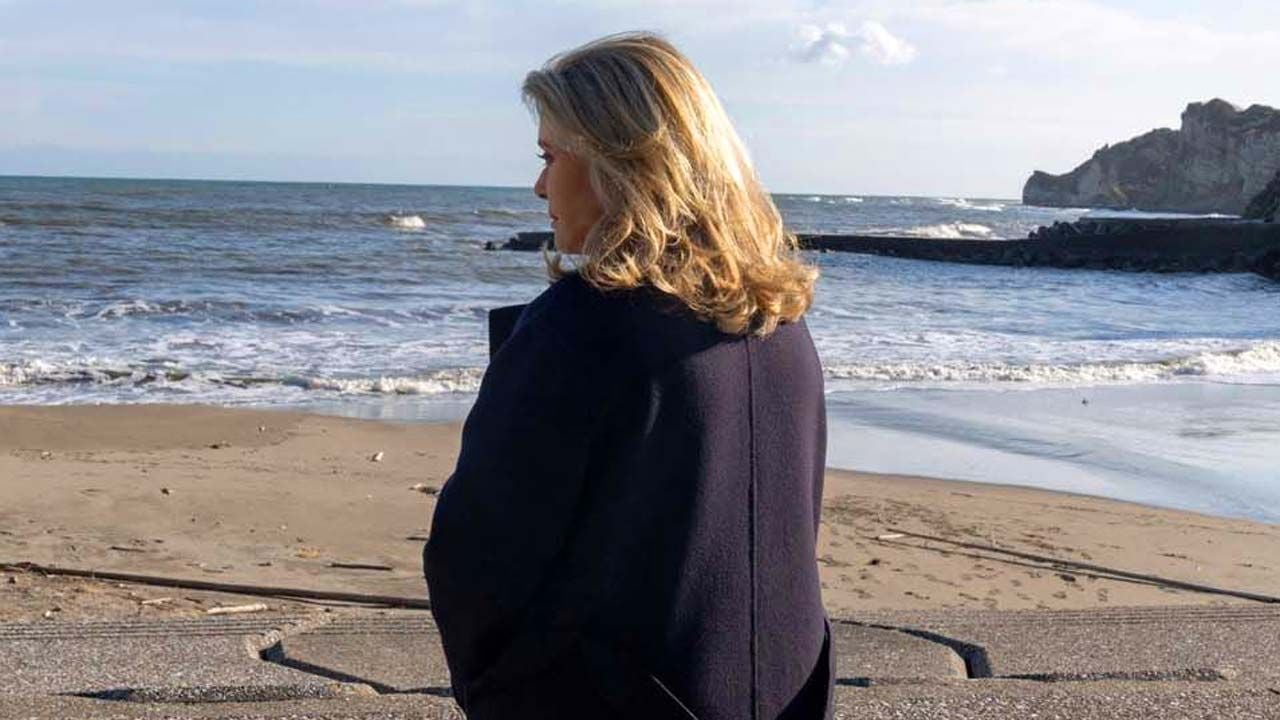This Halloween, learn how our brains deal with fear
October 31st Halloween, or Halloween, a date when people take the opportunity to wear scary costumes and watch horror movies. This holiday reminds us of a very common emotion: the Fear.
“Fear is an innate response of the human being, it has an essential role in survival, acting as an alarm mechanism in the face of threats that triggers an range of physical and mental reactions that leave the individual ready to face or avoid a specific circumstance that could compromise his integrity”, explains the Dr. Fabiano de Abreu Agrelapostdoctoral in neuroscience.
When we are afraid, various biological reactions occur, the main ones are:
- Increased muscle tension: It provides the improvement of wakefulnesspreparing the body to protect itself and react more quickly to any necessary action.
- High blood glucose levels: It provides a fast energy source for muscles and brain.
- Release of hormones such as adrenaline, cortisol and epinephrine: These hormones promote dilation of the pupils and intensify the activity of the heart and lungs, allowing the person to detect and respond more effectively to threats.
SURVIVAL INSTINCT
Doctor Fabiano states that fear is one reaction since ancient timeswhere humans needed to escape predators and, to do so, depended on the body’s ability to generate rapid responses to certain signals that indicated the presence of danger.
“A The fight-or-flight response is a neurobiological process triggered, in principle, by the amygdala, a region of the brain associated with emotional experience. This ancient mechanism does not differentiate between physical or mental threats, causing the same reactions, such as sweaty palms and anxiety, both when faced with real danger and in difficult situations, such as job interviews or horror films.”
WHY DO WE LIKE TO BE AFRAID?
When we watch a horror movie, it’s common to come across scenes where the soundtrack starts to get louder, and soon after, a sound is heard. sudden fright. According to the professional, in these situations, our body reacts in different ways.
“The amygdala releases glutamate, which acts on other regions of the brain. The first signal reaches the mid-brainleading to involuntary responses, such as paralysis OR heels. The second is directed to the hypothalamus, which stimulates the autonomic nervous system, accelerating the heartbeat, increasing blood pressure and releasing adrenaline and dopamine throughout the body,” he points out.
But after all, Why do we like to be afraid on purpose? (in movies, amusement parks, or suspenseful experiences, for example)? “This has a direct relationship with a process called ‘ post-fear relief‘” says Dr. Fabiano.
“Fear triggers a state of alert, influenced by the impulsive emotional brain. But, in more harmless and controlled contexts, the ‘rational brain’ recognizes the absence of real danger, which provokes a response of body relaxationproviding a feeling of relief which can be pleasant” he concludes.
Source: Terra
Ben Stock is a lifestyle journalist and author at Gossipify. He writes about topics such as health, wellness, travel, food and home decor. He provides practical advice and inspiration to improve well-being, keeps readers up to date with latest lifestyle news and trends, known for his engaging writing style, in-depth analysis and unique perspectives.




![Tomorrow belongs to us: What awaits you on October 14, 2025, Tuesday, October 14 [SPOILERS] Tomorrow belongs to us: What awaits you on October 14, 2025, Tuesday, October 14 [SPOILERS]](https://fr.web.img4.acsta.net/img/3a/6b/3a6b6c830f9faa61c326457b86fe9dcd.jpg)

